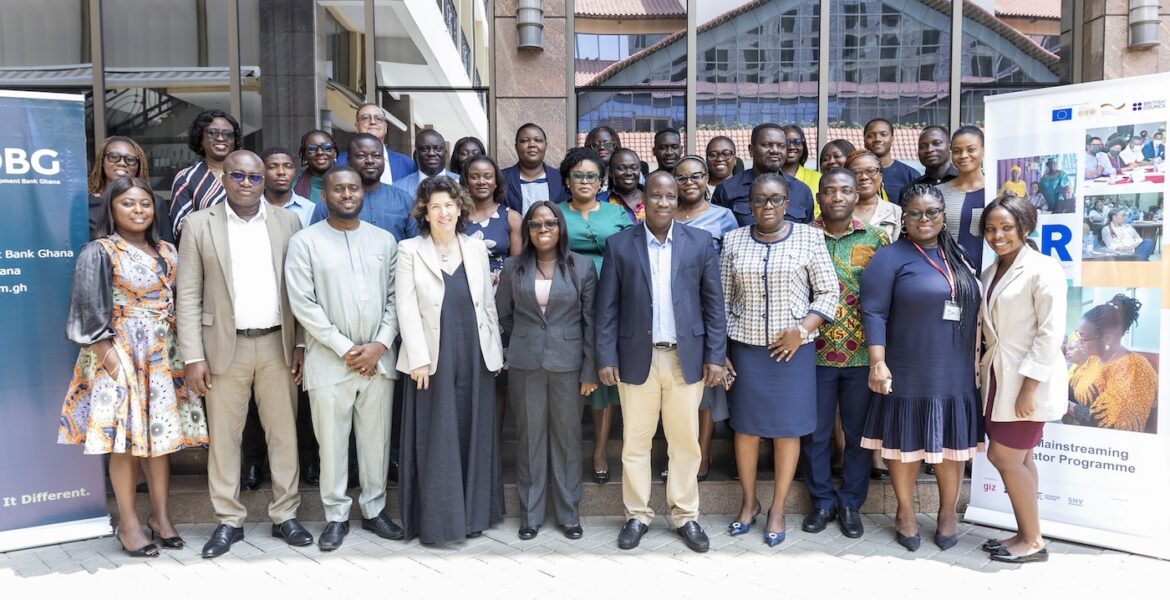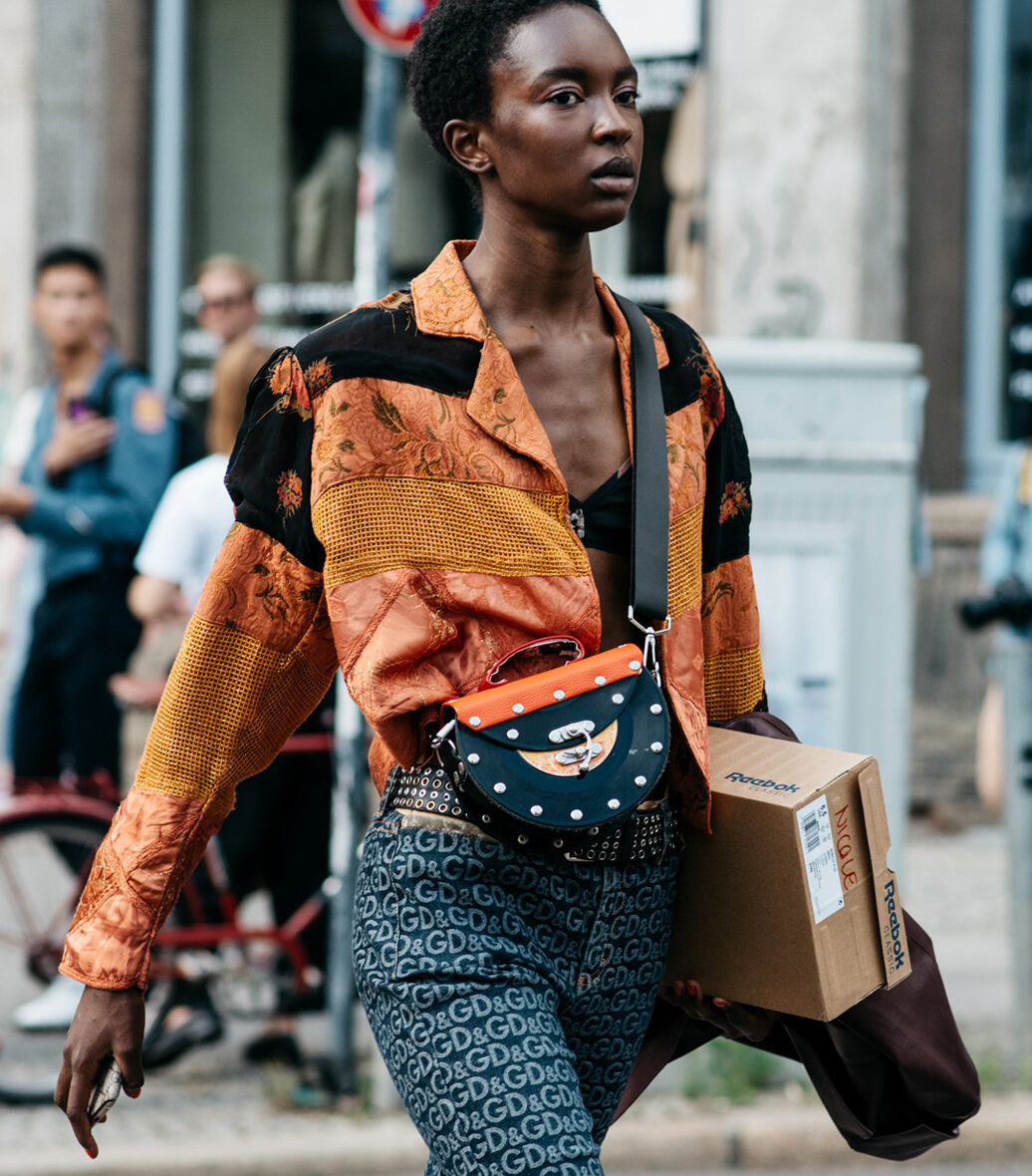DBG, in collaboration with its partners, has taken a monumental step towards fostering economic empowerment for women in Ghana. This groundbreaking initiative involves a substantial investment of GHc1bn over the next five years, demonstrating a steadfast commitment to addressing barriers and enhancing opportunities for women’s access to finances.
The Development Bank of Ghana, a key player in the financial sector, has set an ambitious goal of ensuring that a notable 20 percent of all funding directed towards businesses has women as owners. This strategic move is designed to expedite inclusive and sustainable economic development by recognizing and leveraging the invaluable role that women play in Ghana’s economic landscape. Despite women owning more than 90 percent of businesses in the country, their access to financial resources remains a significant challenge.
Michael Mensah-Baah, the Deputy CEO, emphasizes the pivotal role women entrepreneurs play in economic development. Despite 46.4 percent of businesses in Ghana being owned by women, they grapple with barriers when it comes to accessing funds essential for growth. DBG’s commitment to dedicating a substantial portion of its funding to businesses led by women is a commendable step towards dismantling these barriers.

This initiative goes beyond mere financial support. DBG, in collaboration with stakeholders, is actively engaging in dialogue and collaborative efforts to address disparities and barriers that hinder women from having equal access to financial resources. This multifaceted approach involves the mobilization of data, gender collection, and analysis to inform policies and frameworks that are not only institutionally beneficial but also impactful for the diverse spectrum of women entrepreneurs.
DBG’s endorsement of the Women’s Entrepreneurship Program (WEP) and their commitment to advancing gender mainstreaming efforts underscore their dedication to creating a more equitable and inclusive financial ecosystem. This initiative aligns with the broader goal of promoting gender equality and fostering an environment where all sectors of society can thrive.
Moreover, DBG’s active involvement in the United Nations-supported Investment Climate Reform (ICR) facility in collaboration with the Bank of Ghana signifies a robust support system for financial institutions dedicated to empowering women. This collaboration extends beyond financial support, providing an opportunity to shape policies and frameworks that will have a lasting impact on promoting gender equality and inclusivity in the financial sector.
In conclusion, DBG’s comprehensive commitment to investing in businesses led by women, addressing barriers, and collaborating with stakeholders to advance gender mainstreaming efforts is a transformative step towards creating a more inclusive and sustainable financial landscape in Ghana. This initiative is poised not only to benefit financial institutions but also to contribute significantly to the socio-economic development of the nation by empowering women entrepreneurs.


